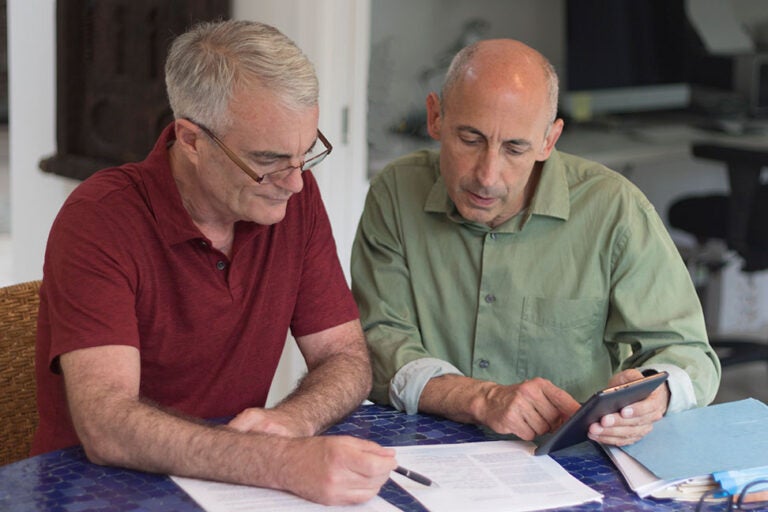A reverse mortgage is a loan available only to senior homeowners* that converts a portion of home equity into usable cash. Borrowers are not required to make monthly mortgage payments, and the loan balance, including any unpaid interest, is not due until a maturity event brings the loan to an end.
Though borrowers may forgo mortgage payments for the life of the loan, they do have financial obligations associated with the loan. These obligations include interest that, if unpaid, accrues on the loan balance. The loan terms require that borrowers continue paying property taxes, fees, and hazard insurance. The property must be the borrower’s primary residence, and they must maintain the home. If the homeowner does not meet these loan obligations, then the loan will come due.
Learn More
*Age requirements are determined by the type of reverse mortgage. For federally insured reverse mortgage borrowers, the minimum age is 62. For proprietary reverse mortgage borrowers, the minimum age may vary. 









